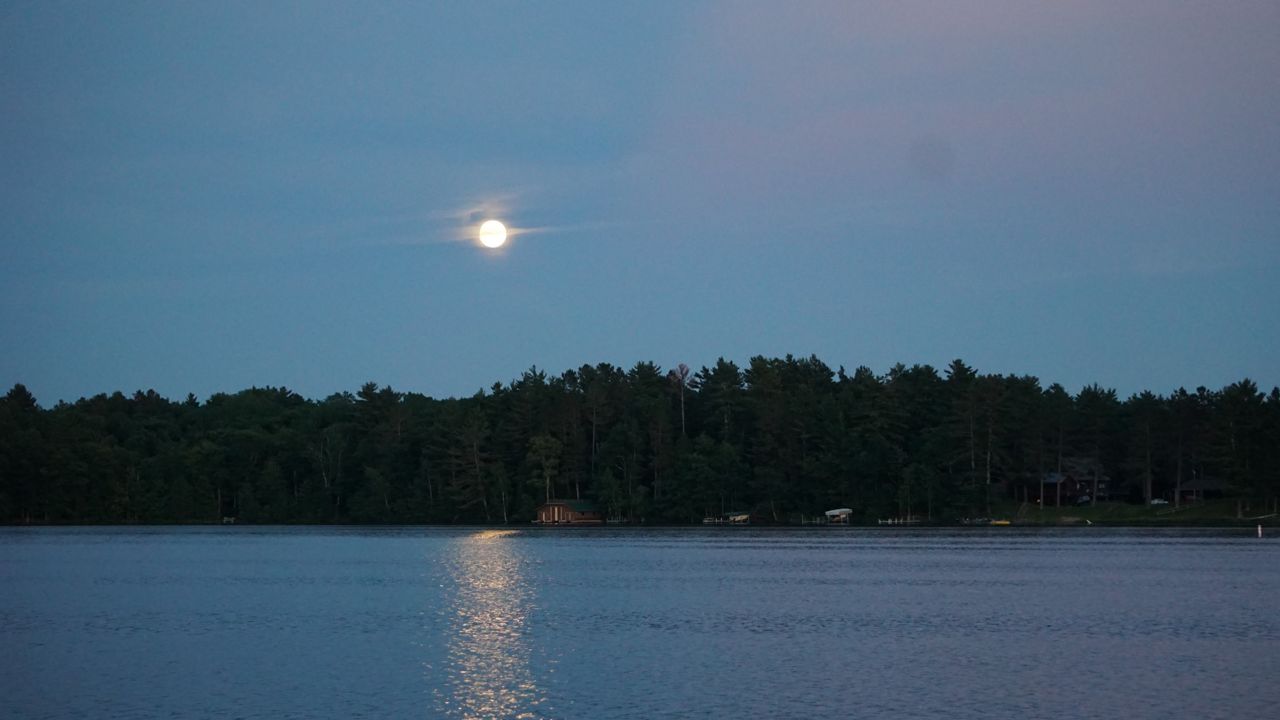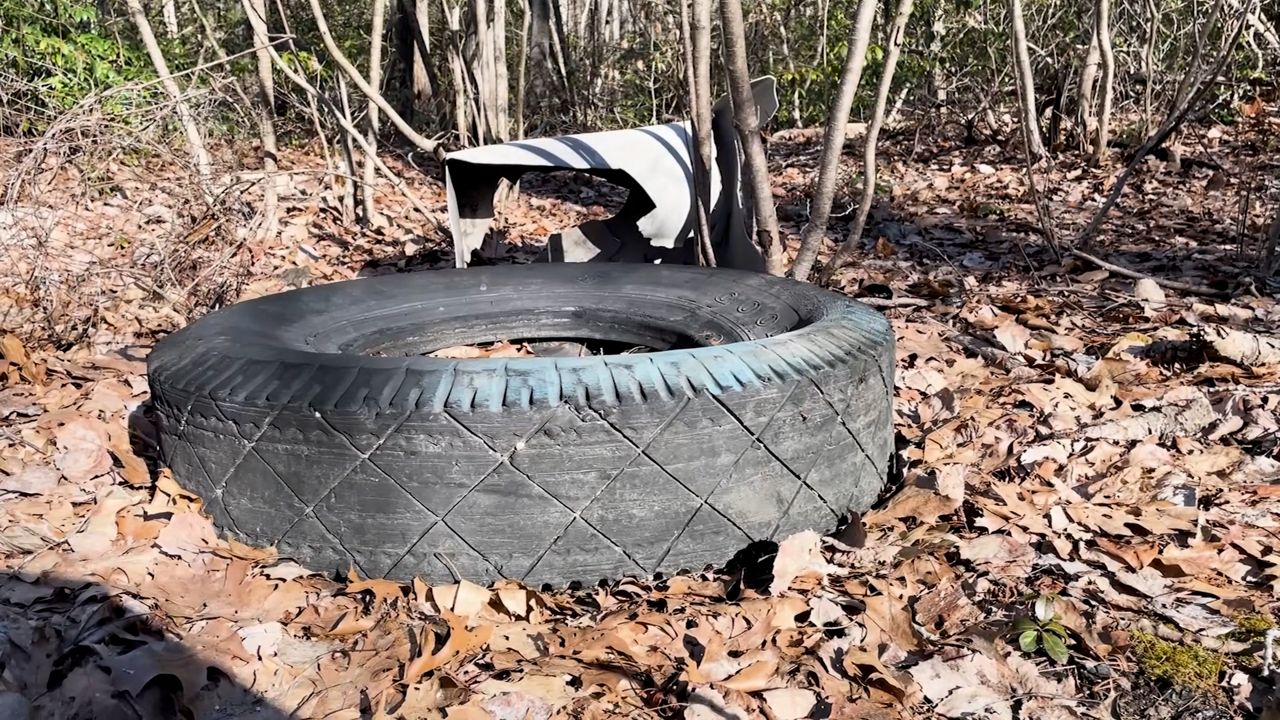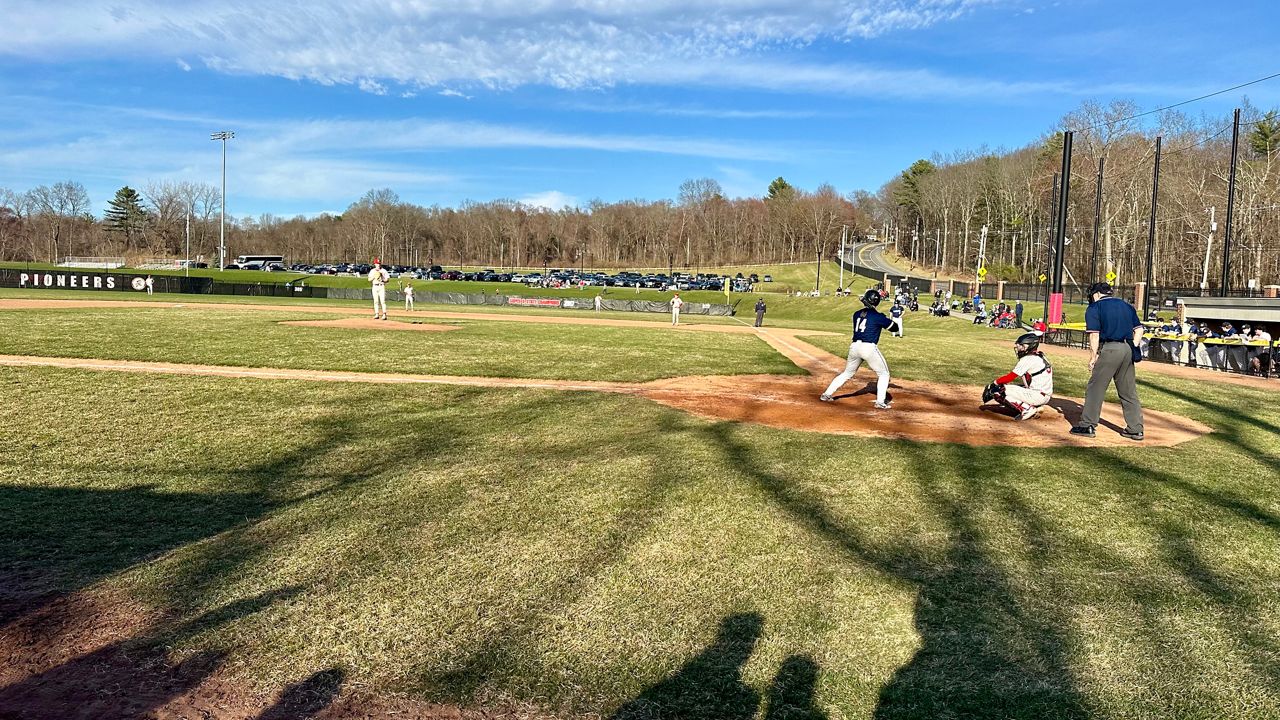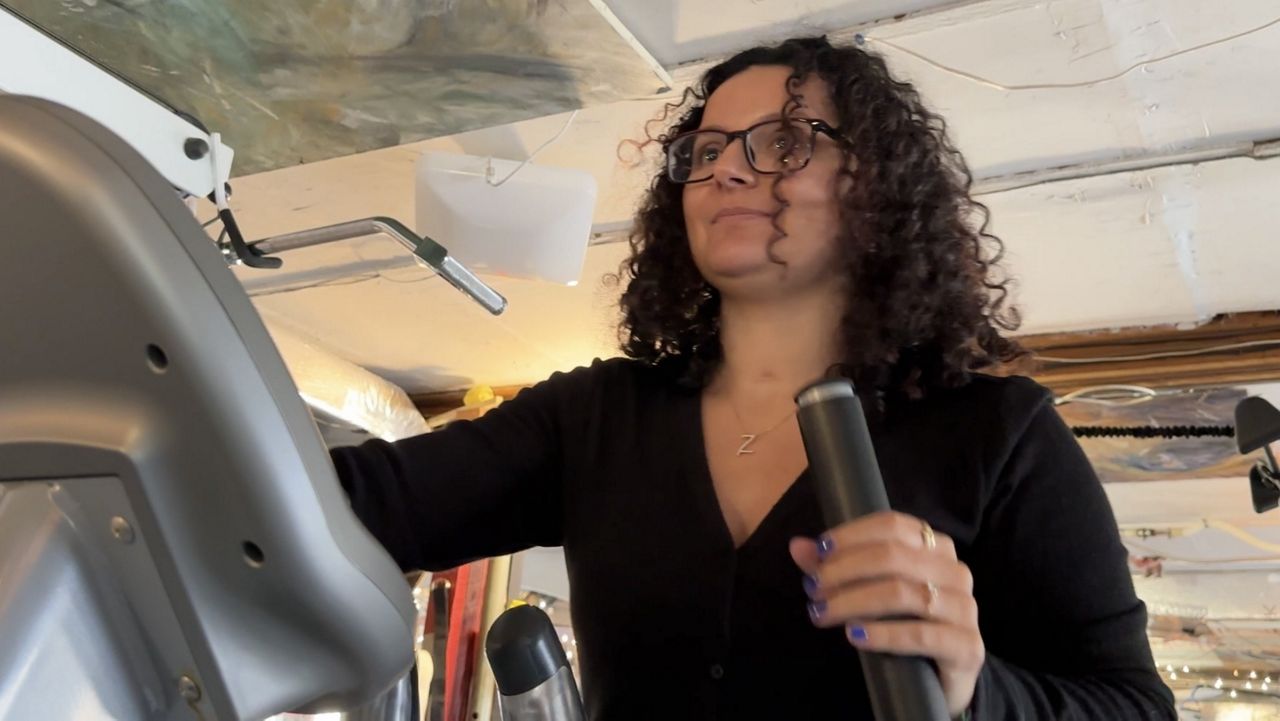BROOKLINE, Mass. — Massachusetts already has some of the strictest tobacco laws on the books, making the tobacco age 21 back in 2018, but one Eastern Massachusetts town decided to take that even further and not allow anyone born after the new millennium to purchase tobacco ever.
What You Need To Know
- The town of Brookline voted in 2020 to ban the sale of tobacco to anyone born after January 1, 2000
- They could never purchase tobacco, even when they got older
- The Supreme Judicial Court, the state’s highest court, sided with the town
- This means that any community in the state could follow suit
The town of Brookline voted in 2020 to ban the sale of tobacco to anyone born after January 1, 2000, wording the rule so that they could never purchase tobacco, even when they got older — a significant, and unprecedented, law.
Tobacco retailers fought it, and just this last week the Supreme Judicial Court, the state’s highest court, sided with the town.
In their ruling, the court addressed the constitutional aspect of the rule:
“Line drawing – a legislative necessity – does not, without more, make a law unconstitutional.”
This means that any community in the state could follow suit.
Peter Brennan, the executive director of the New England Convenience Store and Energy Marketers Association (NECSEMA), says other towns are already following suit.
“Lynnfield, Stoneham, Wakefield, Malden and Melrose have already taken a look at the policy,” said Brennan. “They held off on any action while this was subject to litigation. I would imagine they're going to start talking about it again.”
It's not just about the banning of a legal product to adults, Brennan says, but what kind of precedence this sets for the entire state.
“Do we want to a state where every product can be banned at the whim of the local board of health?” he asked. “That any product that somebody disagrees with is going to be banned just because a certain interest group doesn't like it and they have some power at your board of selectmen, at your board of health? I think that's a scary place to live.”
NECSEMA says they are looking at their legal options and they believe that the Supreme Court may be interested in this case.










